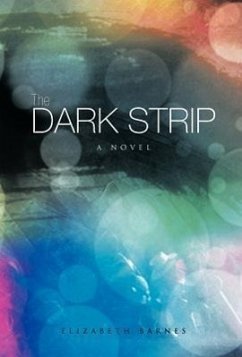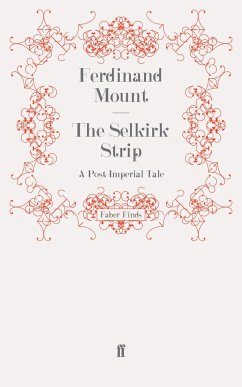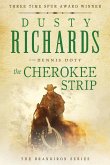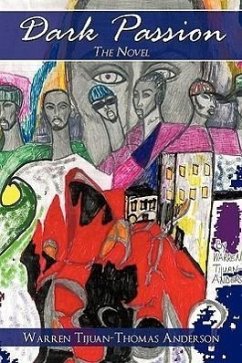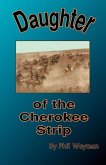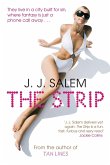Temperance Green Smith wonders what would have happened if she and her best friend, Rhonda Edwards, had gone to the early movie that hot Saturday in July of 1954 in Lenoirville, North Carolina. The only descendant of North Carolina textile workers, Mae and Stedman, as well sa a daughter of twentieth-century social strife, Temperance knows things would have gone differently, much differently. Many years later, she still bears guilt over the hate killing of one who had performed a courageous but costly act on her behalf. Pressed by her counselor, she submits to write her story, "dirty days and all." Recalling and reinterpreting both traumatic and happy events long repressed, she writes a story revealing a detailed slice of mid-twentieth century culture and exposing connections between oppressed races and classes. Those connections, she discovers, cross generational lines and tie socio-economic periods linking two centuries. A searching reconfiguration of America's epic civil rights narrative, The Dark Strip projects a tragic vision of the effort to win liberty and the power to name one's place and links it with a story of love found and lost and ripeness extracted from pain and endurance. With questions unanswered and loose ends untied, The Dark Strip celebrates life's ambiguity and courage, its openness and refusal to apologize.
Hinweis: Dieser Artikel kann nur an eine deutsche Lieferadresse ausgeliefert werden.
Hinweis: Dieser Artikel kann nur an eine deutsche Lieferadresse ausgeliefert werden.

